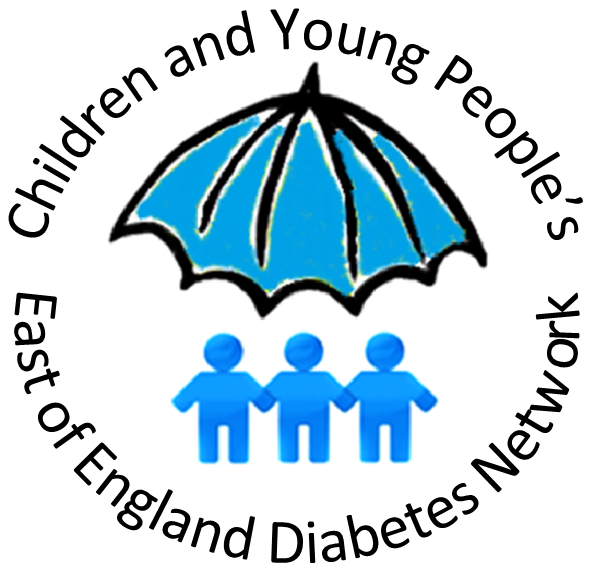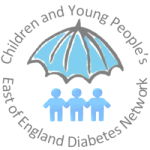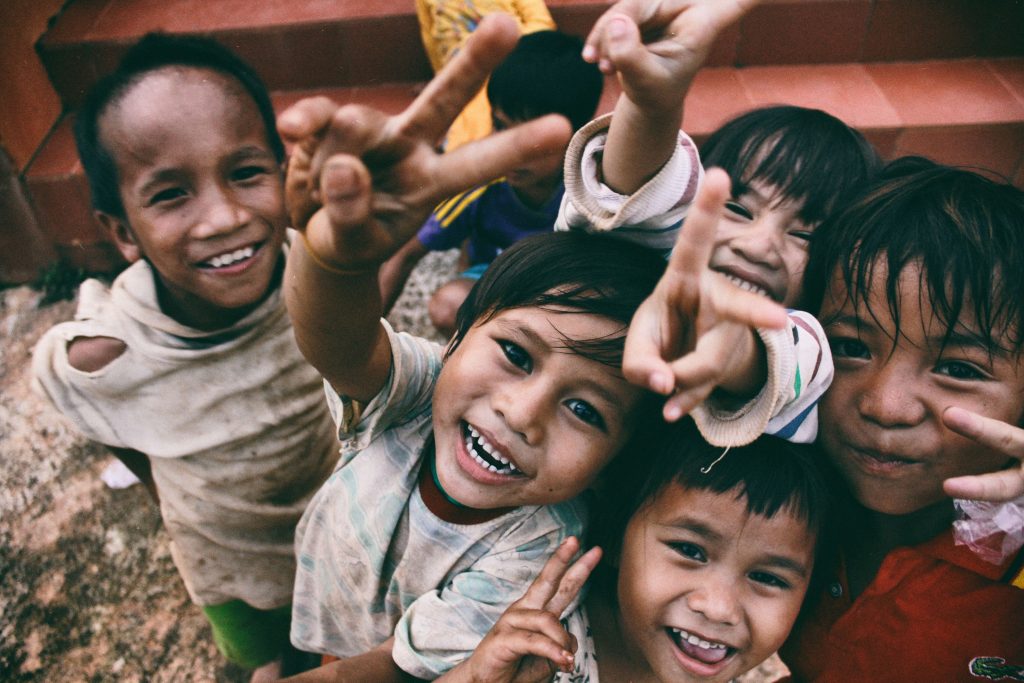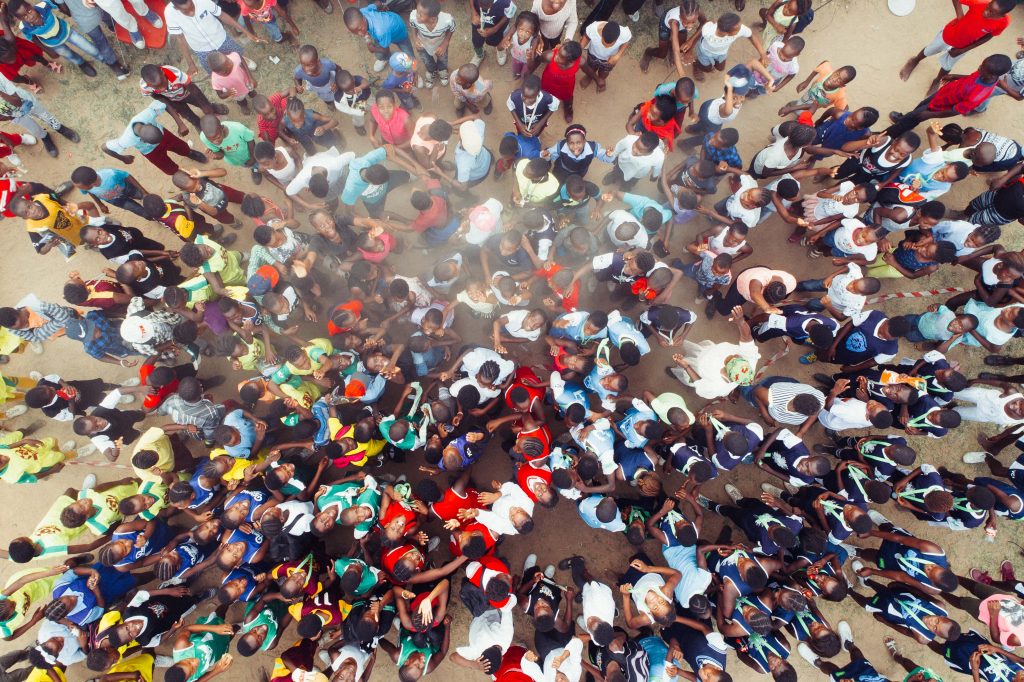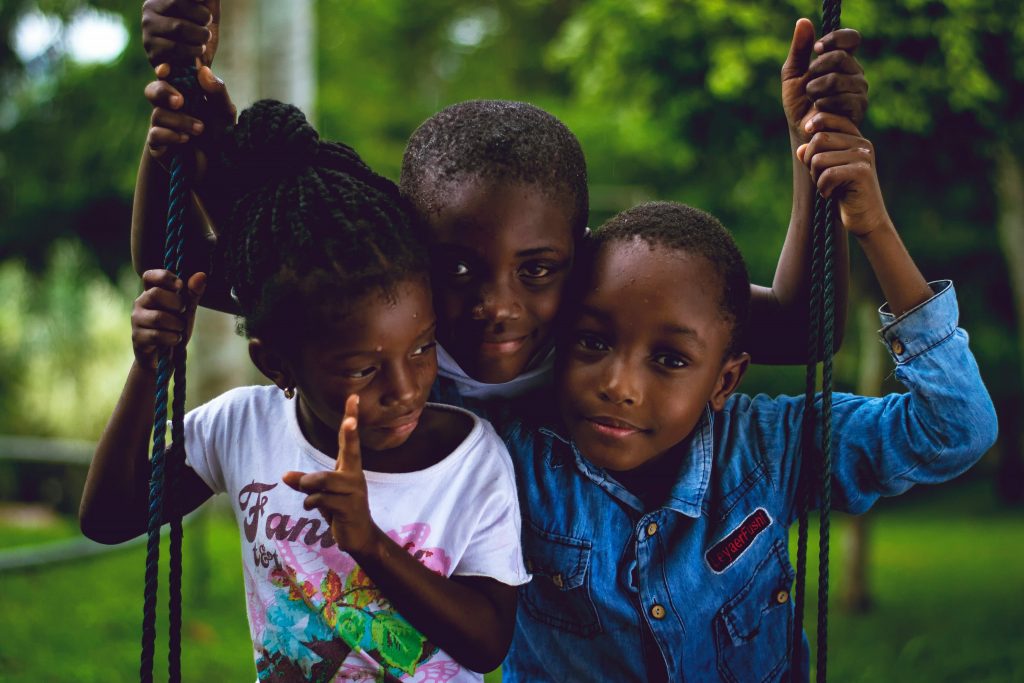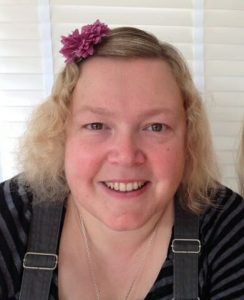About Our Project
What do we plan to do?
During the Easter holiday 2019, a team from the East of England Children and Young People’s Diabetes Network will travel to Botswana to participate in a partnership project working with children and young people with type 1 diabetes and their health care professionals to improve diabetes outcomes for young people from both countries.
Who will be involved and what will they do?
One half of our team will be made up of 10-15 young people aged 15-19 who will attend an education camp with children and young people from Botswana. Together the young people will address what it means to be a young person living with type 1 in their respective countries and how they manage and overcome the challenges that this poses for them on a daily basis.
It is hoped that through this mutual sharing of experience can come about a culture of mutual learning that will enable young people from both countries to improve their glycaemic control, to forge friendships that will support them in their daily dealings with diabetes and will encourage them to lead a life where they can achieve their dreams and become all that they desire.
The young people from both countries will also work together as a team to decorate a local diabetes clinic to help improve the facilities for families attending that clinic.
The second half of the team will be made up of diabetes health care professionals from across the East of England Children and Young People’s Diabetes Network. These PDSN’s, doctors’, psychologists and dieticians will attend the camp to support the young people in their learning and to facilitate their discussions.
They will work with the team from Botswana Diabetes Youth to ensure that all learning and education is delivered in a manner that is sensitive and respectful of the needs and traditions of both cultures.
These health care professionals will also work with local paediatric doctors and the team from Botswana Diabetes Youth to convene a 5 day education symposium for diabetes health care professionals from across Botswana. The aim of this symposium will be to create a forum for the delivery of education on all aspects of supporting and managing children and young people with type 1 diabetes.
All sessions will be delivered in a manner which is sensitive to and in line with available resources and cultural practises in Botswana.
In the months leading up to the visit the team from the UK will liaise with their colleagues in Botswana to define the content of the education programme and to start work on a written teaching resource which can be used for all future diabetes education in Botswana after the project has ended.
Other members of the team will also work with Botswana Diabetes Youth to support them in establishing a parent’s support forum, and will share our experience of setting up a patient facing website to help improve communication within the diabetes community in Botswana.
